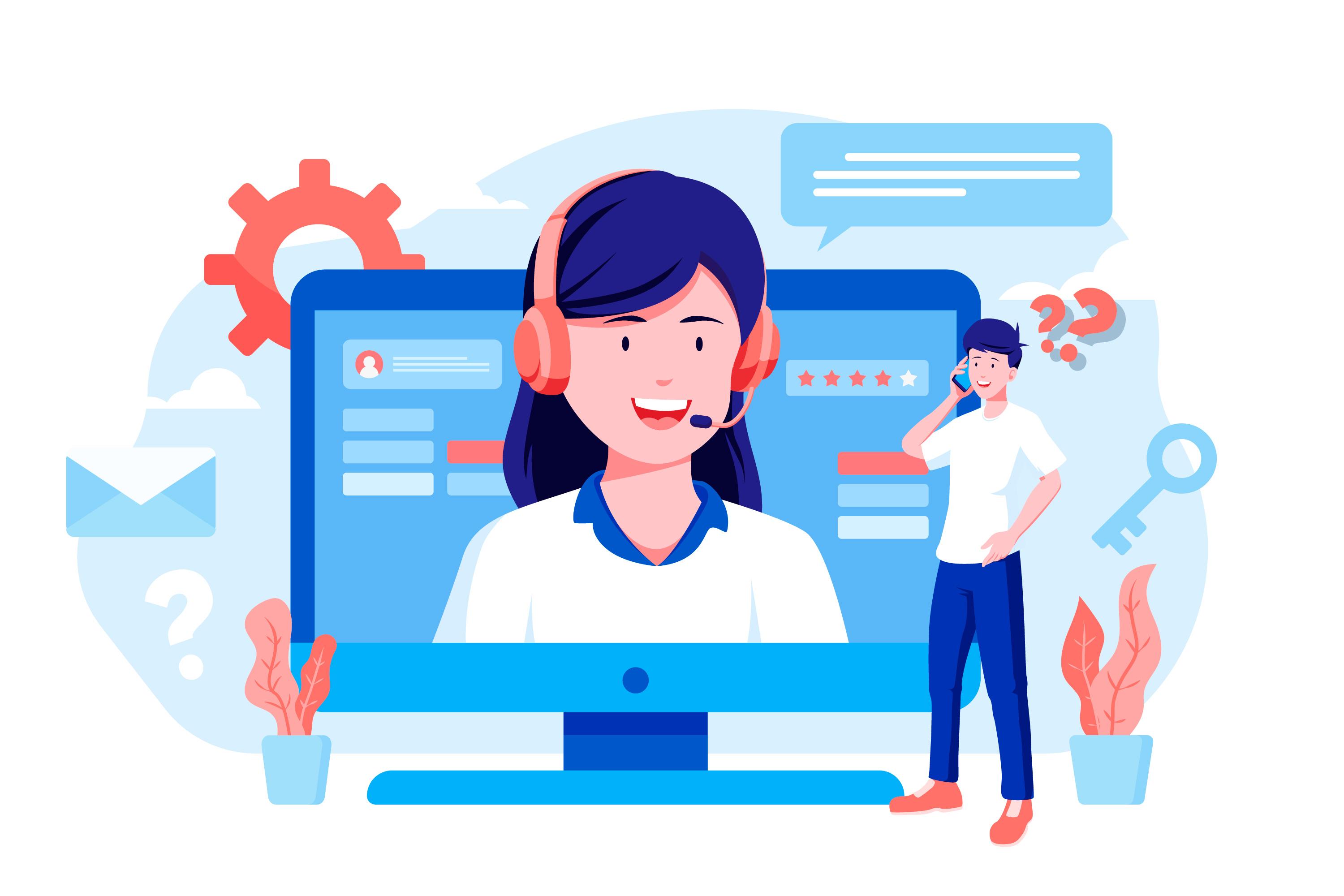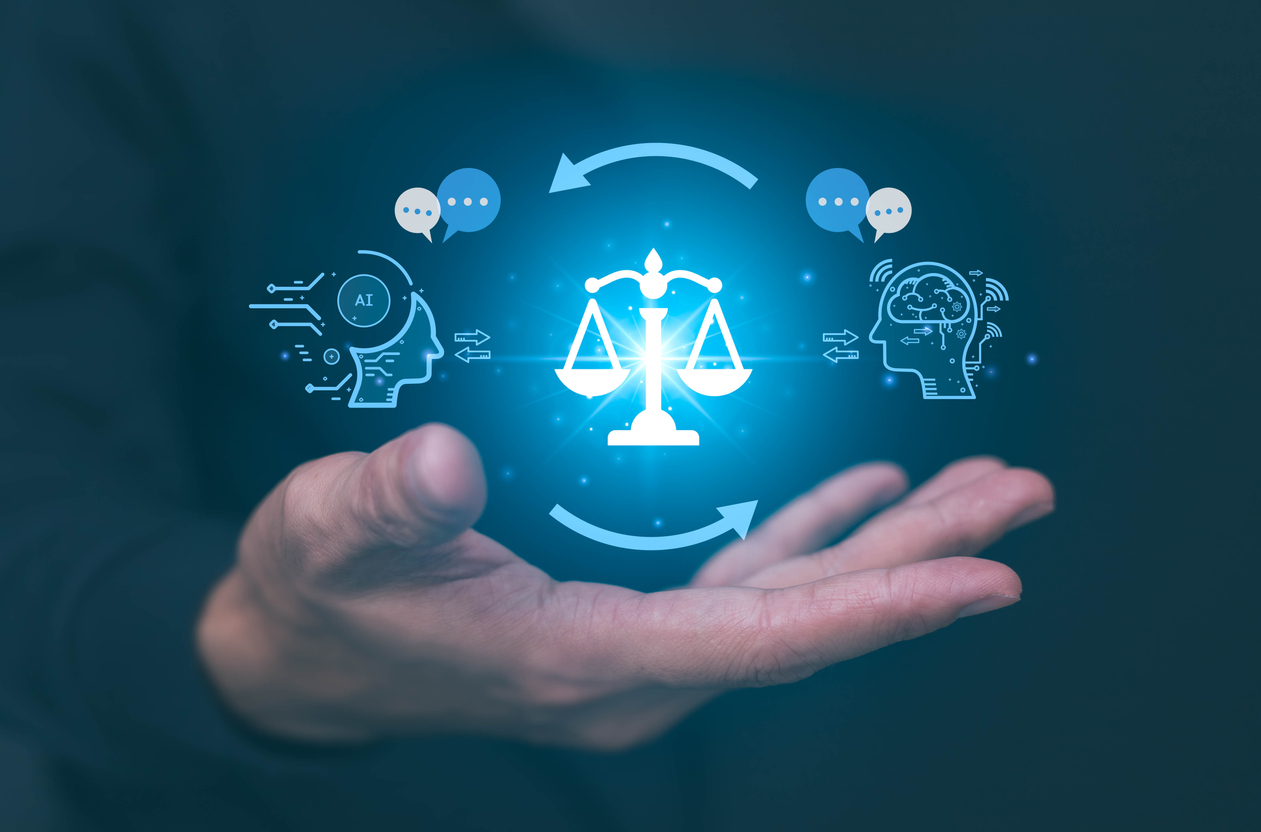The internet age has ushered in an era of unprecedented access to information. Yet, alongside the vast libraries of knowledge lies a swirling vortex of misinformation and conspiracy theories. As Artificial Intelligence (AI) continues to evolve, a new concern emerges: could AI become a tool for generating and spreading these very conspiracies, blurring the line between fact and fiction?
The Allure of the Algorithm and the Fiction Factor
Conspiracy theories prey on our inherent suspicion and desire for simple explanations. AI, with its ability to analyze mountains of data and identify patterns, could be used to construct seemingly credible narratives that fuel these theories. Imagine an AI program scouring the internet, weaving a tapestry of unconnected facts and coincidences to build a case for a secret government plot.
However, it's crucial to remember that AI is a tool, and like any tool, its output is shaped by the data it's fed. While AI excels at recognizing patterns, it lacks the critical thinking skills to differentiate between correlation and causation, the cornerstone of many conspiracy theories. Additionally, for a conspiracy theory to gain traction, it requires human amplification. Social media platforms, with their echo chambers and algorithms designed to promote sensational content, are far more adept at spreading misinformation than any AI program.
The Human Element and Fact-Checking the Future
The real battle lies in staying ahead of the curve. AI can also be a powerful weapon in the fight against conspiracy theories. Researchers are developing programs that can analyze text and video content to detect patterns associated with misinformation. These programs can then flag suspicious content for human fact-checkers, allowing them to debunk these theories before they take root.
The Bottom Line: A Collaborative Approach
AI-generated conspiracy theories are a potential concern, but they're not a foregone conclusion. By combining human critical thinking with the analytical prowess of AI, we can ensure that truth prevails in the digital age. This necessitates a collaborative approach, where technology giants invest in responsible AI development, educators prioritize media literacy, and individuals approach information with a healthy dose of skepticism. Let us not succumb to the allure of the algorithm, but rather harness its power to illuminate the path towards a more informed future.
Examples of AI-Generated Content and Potential Misuse:
- Deepfakes: These AI-manipulated videos can make it appear as if someone said or did something they never did. Imagine a deepfake of a world leader making a controversial statement, instantly fueling conspiracy theories.
- Social media bots: Bots can be programmed to spread misinformation and propaganda. An army of AI-powered bots could be used to create the illusion of widespread support for a conspiracy theory.
- Personalized narratives: AI could be used to tailor conspiracy theories to individual users, making them more believable. Imagine an AI program that analyzes your social media activity and feeds you conspiracy theories that align with your existing beliefs.
The Ethical Considerations of Using AI for Content Creation:
- Bias in the data: AI algorithms are only as good as the data they're trained on. Biased data can lead to the creation of biased content, including conspiracy theories that target specific groups of people.
- Transparency and accountability: If AI is used to generate content, it's crucial to disclose this fact to users. People deserve to know if they're consuming information created by a machine.

- The erosion of trust: The widespread use of AI-generated content could erode trust in legitimate sources of information and further blur the lines between fact and fiction.
How AI Can Help Combat Conspiracy Theories:
- Fact-checking algorithms: AI can be used to analyze text and video content for indicators of misinformation. This can help fact-checkers identify and debunk false claims faster and more efficiently.
- Identifying trends and patterns: AI can analyze vast amounts of data to identify emerging conspiracy theories before they gain widespread traction. Early detection allows for quicker intervention and debunking efforts.

- Promoting media literacy: AI-powered educational tools can help teach people how to critically evaluate information online, making them less susceptible to conspiracy theories.
Conclusion
AI-generated conspiracy theories pose a potential threat to our information landscape, but they are not a foregone conclusion. The future depends on our collective approach.
On one hand, AI's ability to analyze data and identify patterns could be misused to create seemingly convincing narratives that fuel conspiracies. Malicious actors could exploit this technology to spread misinformation and sow discord.
On the other hand, AI can also be a powerful tool in the fight for truth. AI-powered fact-checking algorithms can identify misinformation faster, and researchers can use AI to analyze trends and emerging conspiracy theories before they take root.
The key lies in harnessing the potential of AI for good and mitigating its potential harms. This requires collaboration between tech giants who prioritize responsible AI development, educators who equip future generations with media literacy, and ourselves, the information consumers, who approach information with a critical eye.
Ultimately, the battle between fact and fiction in the age of AI is a human one. By combining critical thinking with the power of AI analysis, we can ensure that truth prevails in the digital age. Let us not succumb to the allure of the algorithm, but rather use AI as a tool to illuminate the path towards a brighter, more informed future.
For more information contact : support@mindnotix.com
Mindnotix Software Development Company


 AI-Taxi App
AI-Taxi App AI-Food App
AI-Food App AI-Property Mgmt App
AI-Property Mgmt App AI-CRM
AI-CRM AI-Fantasy App
AI-Fantasy App
 Web Development
Web Development App Development
App Development Business & Startup
Business & Startup Hire Developer
Hire Developer
 Digital Marketing
Digital Marketing Lead-generation
Lead-generation Creative Agency
Creative Agency Branding Agency
Branding Agency Augmented Reality
Augmented Reality Virtual Reality
Virtual Reality Internet of Things
Internet of Things Artificial Intelligence
Artificial Intelligence Blockchain
Blockchain Chatbot
Chatbot



